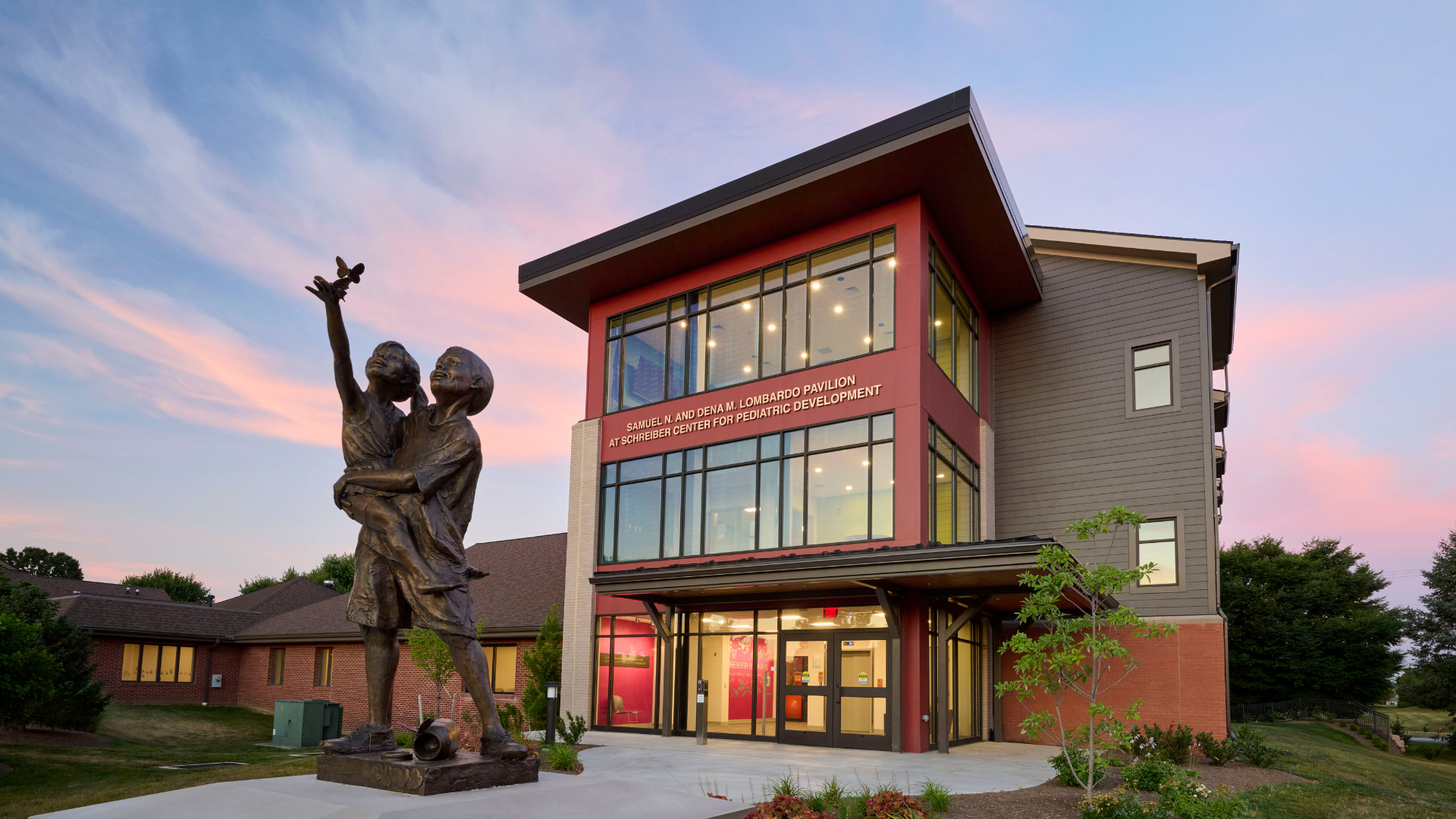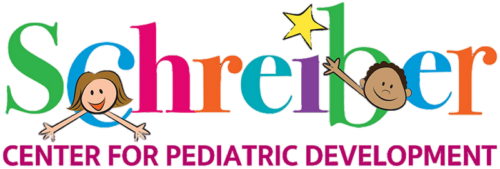
Category: Children

Kolton Conquers Sensory Struggles and Graduates Occupational Therapy Victorious
December 18, 2023
At three years old, Kolton was having difficulty within a variety of areas including attention, transitions, emotional regulation, sensory processing, using feeding utensils, and pencil grip. His mom...

Empowering Avery: The Impact of Early Intervention Speech Therapy
November 28, 2023
Born at a mere 29 weeks, Avery Berry spent the initial 57 days of her life at the Neonatal Intensive Care Unit (NICU) at Women’s and Babies, where Children’s Hospital […]

Brookfield’s Safe Harbor Team Steps Up for Schreiber Center
November 20, 2023
Brookfield Renewables hosted their company-wide step competition, a fantastic initiative promoting healthy exercise habits while raising funds for charity again this summer and a team from Safe Harbor...

Go Big or Go Home: Javion Rodriguez
October 25, 2023
“Go Big or Go Home” says Schreiber client, Javion Rodriguez, who went big this summer when he played in the Little League World Series Challenger Series. For 30 years this […]

Sam Leon-Durkee: Young man with a plan
April 19, 2022
Sam Leon-Durkee started a recent physical therapy session working on a piece of equipment called a Galieleo vibration plate. He sat down on a bench, put his feet on the plate […]

Ellery McIndoe learns to soar at Schreiber
March 29, 2022
Ellery McIndoe has had challenges most people can’t imagine. She also has lots of personality, a big, bright smile and a ton of can-do spirit. In the scheme of things, […]

Carter Peiffer: Back from the brink
March 17, 2022
For Carter Peiffer, an occupational therapy session with Sarah Terry will usually involve food. And making a mess with food. The mess is by design. A puddle of PediaSure on […]

For the Kiss family, dedication mixed with gratitude
March 4, 2022
The complications for Colton Kiss started the moment he was born. His mom, Tara Kiss, said doctors used vacuum extraction to help with delivery. The procedure “caused four intracranial bra...
